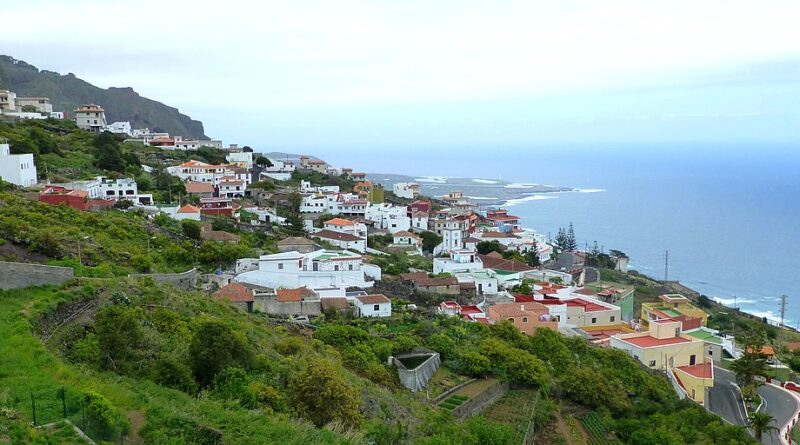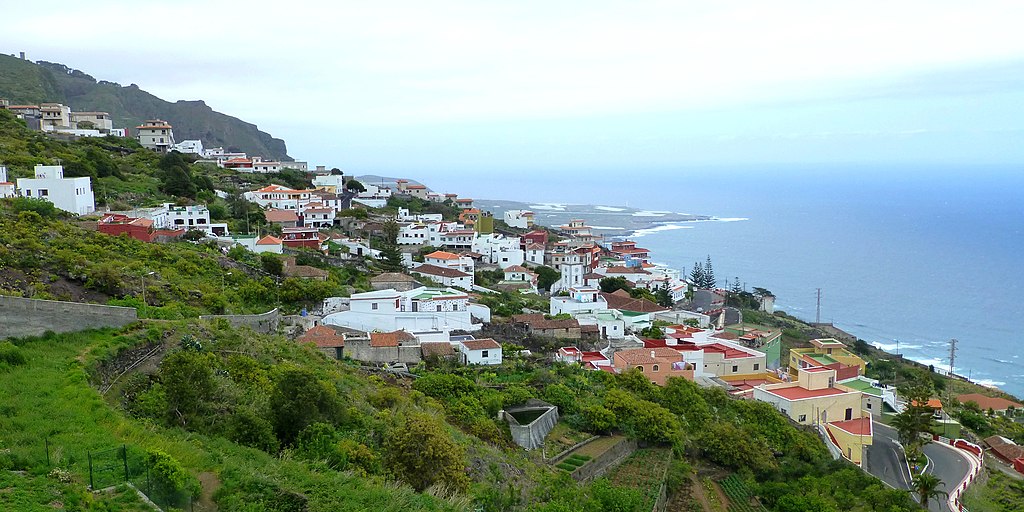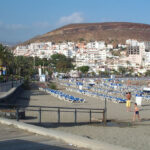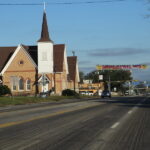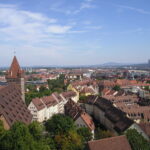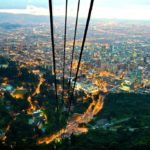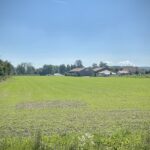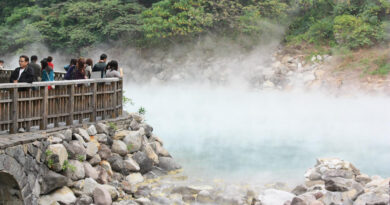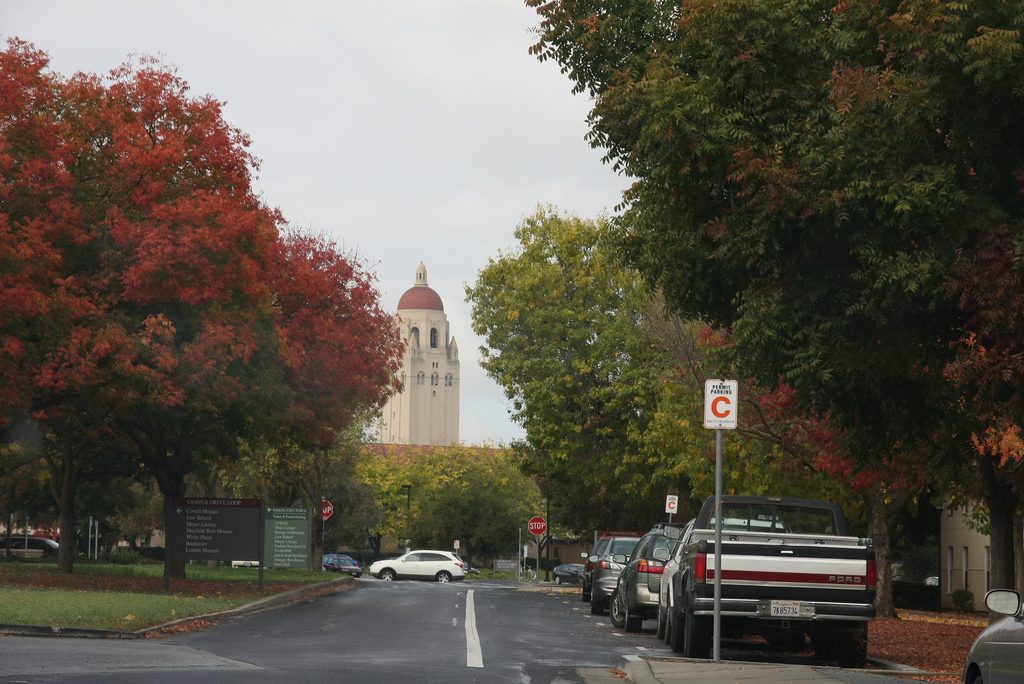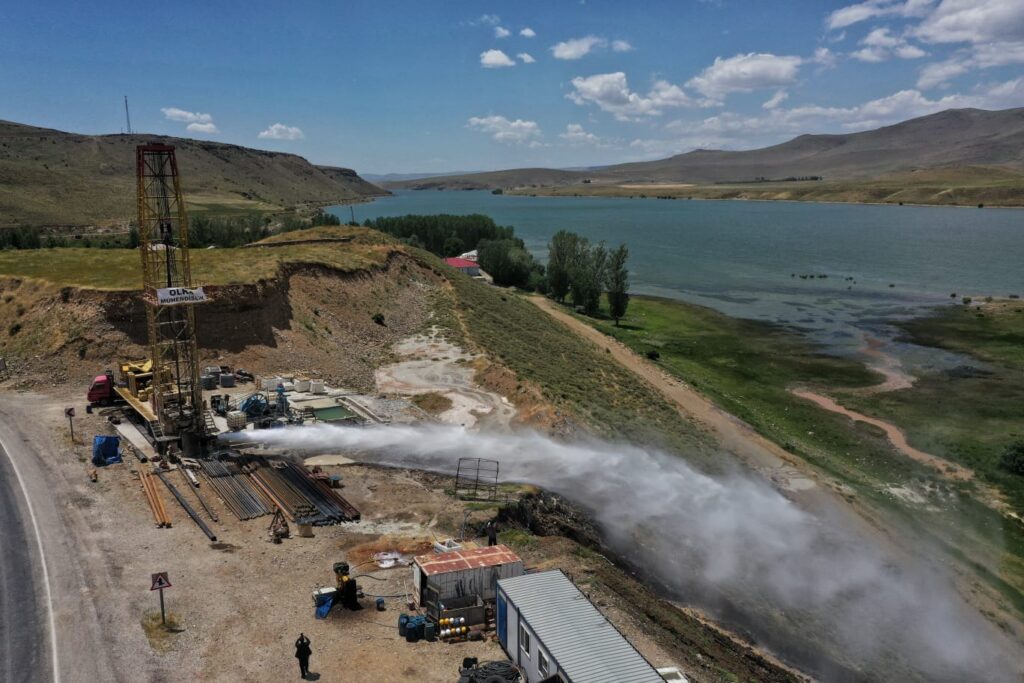ITER proposes geothermal exploration in Llano Grande, Tenerife
Energy Disrupter
The public entity ITER has applied for a geothermal research permit for the Llano Grande license area in Tenerife, Canary Islands.
The Instituto Tecnológico y de Energías Renovables, S.A. (ITER) has applied for a geothermal research permit for the Llano Grande permit area in the island of Tenerife in the Canary Islands. This permit area lies in the intersection of of four municipalities – Los Silos, El Tanque, Santiago del Teide, and Buenavista del Norte.
ITER is a public entity, majority owned by the Cabildo Insular de Tenerife, tasked to promote research and technological development related to the use of renewable energies. With this proposal, ITER hopes to address the lack of information on how to utilize the geothermal resources of the Canary Islands.
Exploration in phases
The General Directorate of Energy has accepted the processing the request of ITER for the geothermal research permit. Under the proposal, exploration and exploitation will proceed in three distinct phases.
The first phase will be allotted to preliminary investigations based on remote sensing campaigns, thermal images, and volcanostructural and hydrogeochemical studies. This will then progress to the detailed research phase, which will likely involve surface studies and campaigns for sampling of gas and volatiles geochemistry.
Once ITER has analyzed and evaluated the results from the previous phases, the third phase can start. This will involve determining the optimal location an initial geothermal gradient probe, as well as the definition of the drilling project, environmental impact assessment, and other environmental and administrative authorizations.
Special consideration for protected spaces
Another consideration for this project is the fact that the proposed research occupies three protected natural spaces – the Chinyero Special Nature Reserve, the Teno Rural Park, and the Corono Forestal Natural Park. For this reason, ITER must prepare a report detailing the objectives, materials, methodology, direction, and work plan for the planned geochemical and geophysical campaigns.
There must be an assurance that the activities in the research area will not have an impact on the environment.
Public and private participation
ITER is not the only public entity that has taken the initiative for geothermal development in the Canary Islands. The public company Society for the Promotion and Economic and Social Development of La Palma (Sodepal) has also applied for permits to allow them to conduct geothermal surveys within the municipalities of Villa de Mazo and Fuencaliente in La Palma.
There are also a few private companies who have entered the space for geothermal exploration in the Canary Islands. Notably, RamRei Energy is working to carry out an investigation of the geothermal resources on the southern portion of Lanzarote, specifically in the municipality of Yaiza. In Tenerife, energy and petrochemical company Repsol has been granted two geothermal exploration permits in Tajao and Isora.
Source: AtlanticoHoy

